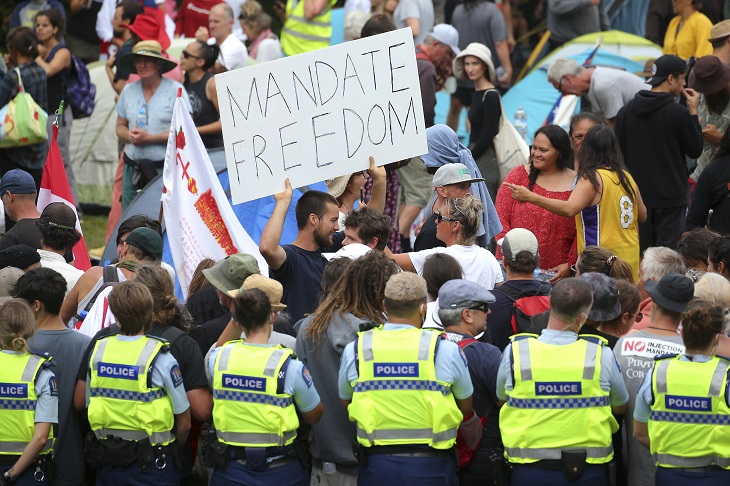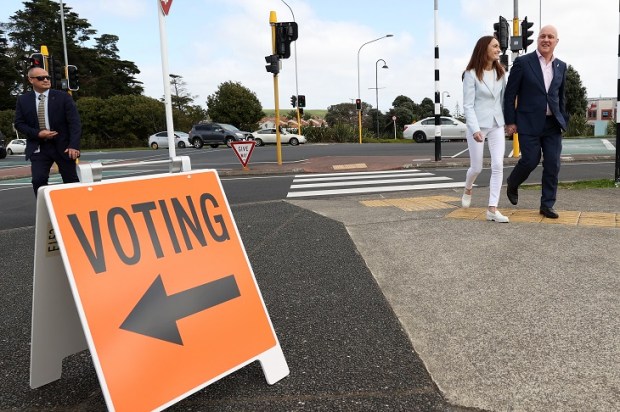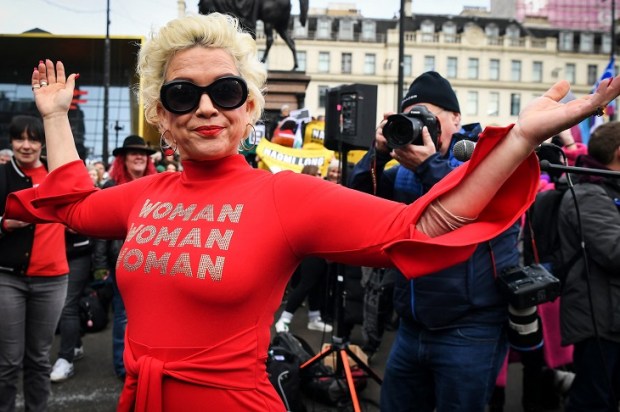A New Zealand High Court challenge questioning the legality of Covid vaccination mandates for Police and Defence Force employees has been upheld, with the court determining that the government mandate is an unjustified incursion on that country’s Bill of Rights, as well as being unreasonable under its Public Health Response Act.
Already a subscriber? Log in
Subscribe for just $2 a week
Try a month of The Spectator Australia absolutely free and without commitment. Not only that but – if you choose to continue – you’ll pay just $2 a week for your first year.
- Unlimited access to spectator.com.au and app
- The weekly edition on the Spectator Australia app
- Spectator podcasts and newsletters
- Full access to spectator.co.uk
Or


























Comments
Don't miss out
Join the conversation with other Spectator Australia readers. Subscribe to leave a comment.
SUBSCRIBEAlready a subscriber? Log in